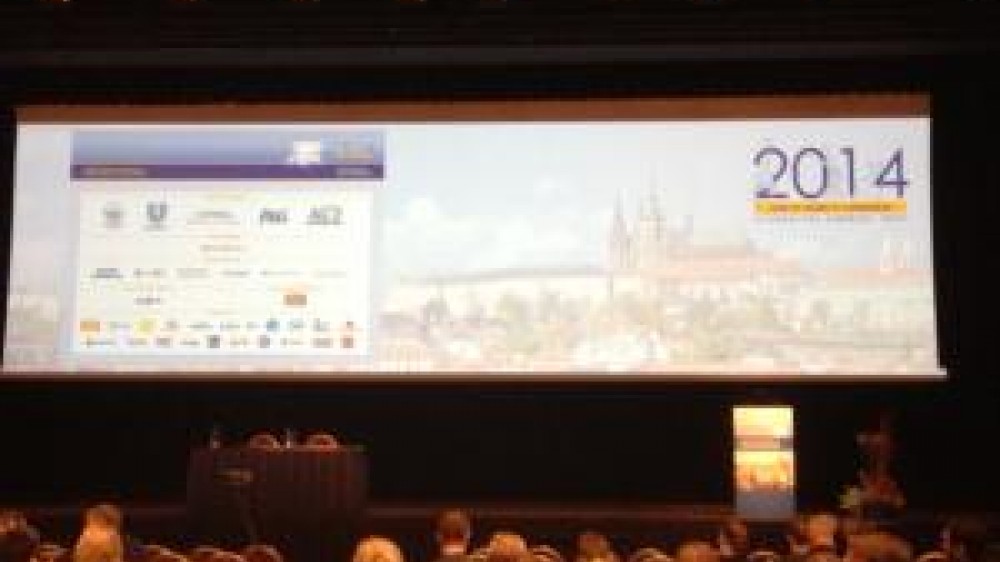Our new e-learning resource on “Laboratory Animal Anaesthesia for Minor Procedures” is now available.
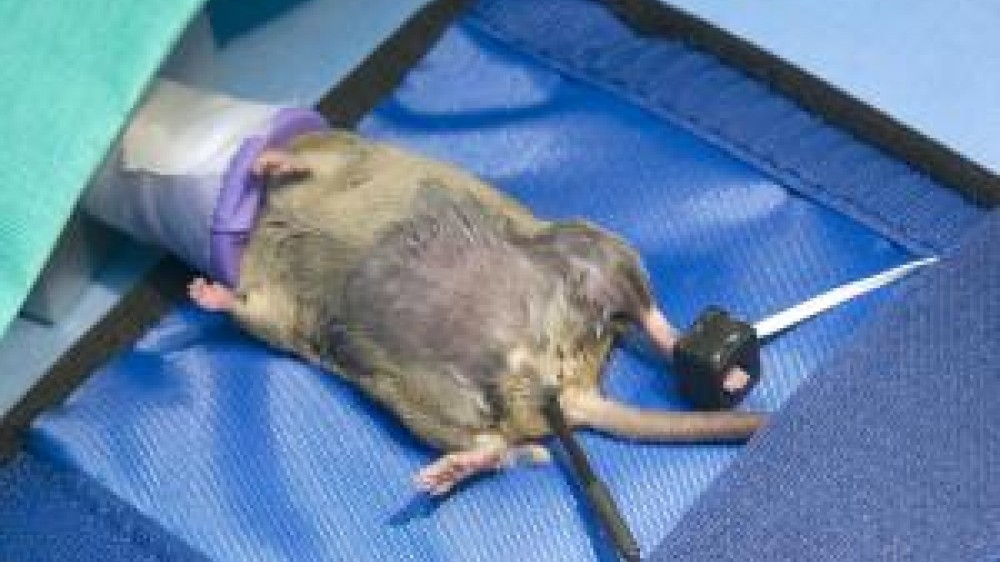
Our new e-learning resource on “Laboratory Animal Anaesthesia for Minor Procedures” is now available.

Our Communications Officer, Laura McGuinness, spoke to Iratxe Puebla, Deputy Editor at PLOS ONE, about how journals can support the 3Rs. Listen to the podcast below.

Our Chief Executive, Dr Vicky Robinson, has been recognised in the 2015 New Year's Honours list, receiving a CBE for services to Science and Animal Welfare.

As I am now in the throes of completing my PhD thesis, it is a good time to reflect back upon the journey: the training and opportunities, the connections I have made, and the impact of my research.
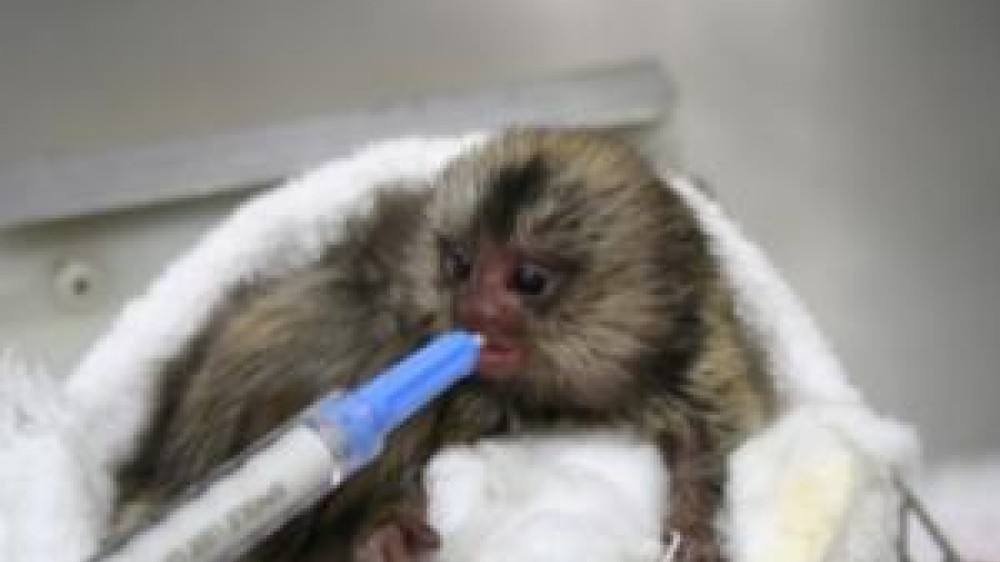
The latest of the NC3Rs strategic award schemes has challenged scientists to approach asthma research questions in a completely novel way, encouraging them to seek alternatives to the mammalian lung that can be used in research to give valuable
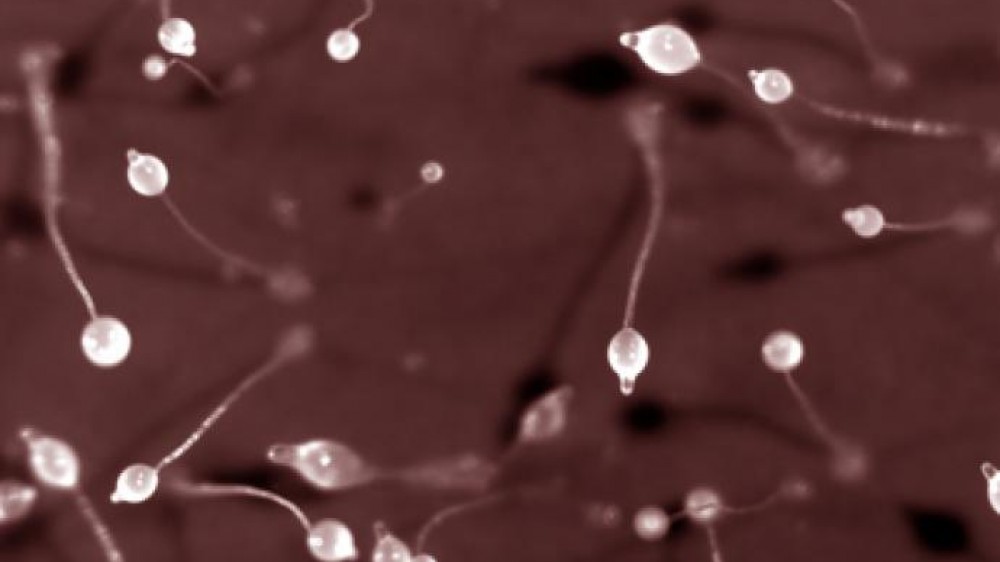
The ten PhD studentships will each receive £90,000 over a three-year period. The projects range from developing a model of ovarian cancer in a small silicone device, to seeking insights into the underlying biology of aging using roundworms.

The prize was awarded to the poster with the greatest impact on the 3Rs.
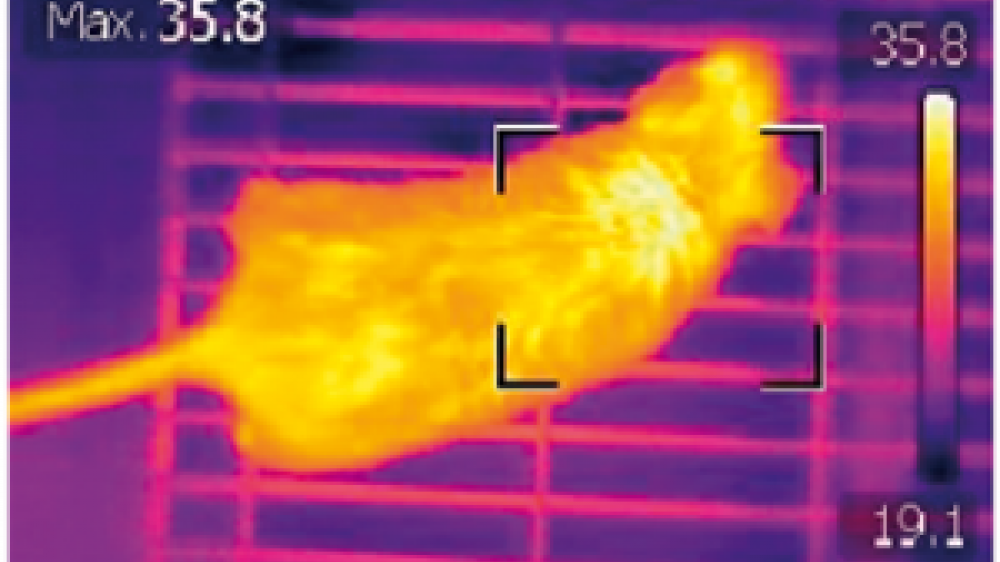
The eTOX project is part of IMI, a collaborative effort between the European Union and the pharmaceutical industry association EFPIA aiming to speed up the development of better and safer medicines for patients.

The poster prize, sponsored by the NC3Rs, was awarded at a recent Society for General Microbiology meeting.
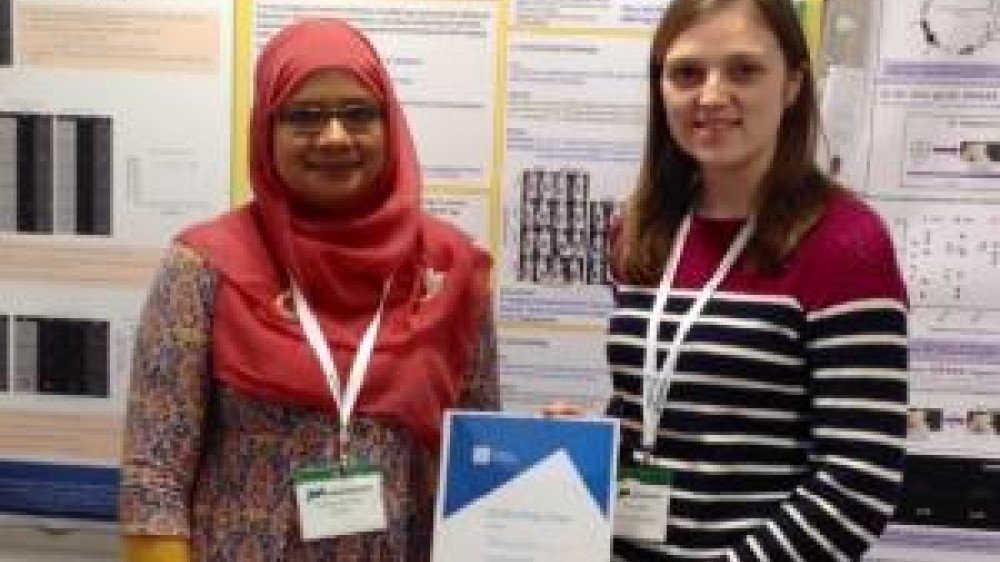
Martina Klaric, Project Manager at Cosmetics Europe, tells the NC3Rs how the industry is moving forwards following the changes to EU cosmetic testing regulations.

The winners of our Public Engagement Small Awards have taken their 3Rs-related work to ‘Meet the Expert’ sessions at science museums, into schools and extracurricular activity groups for children, as well as to university departmental open days.
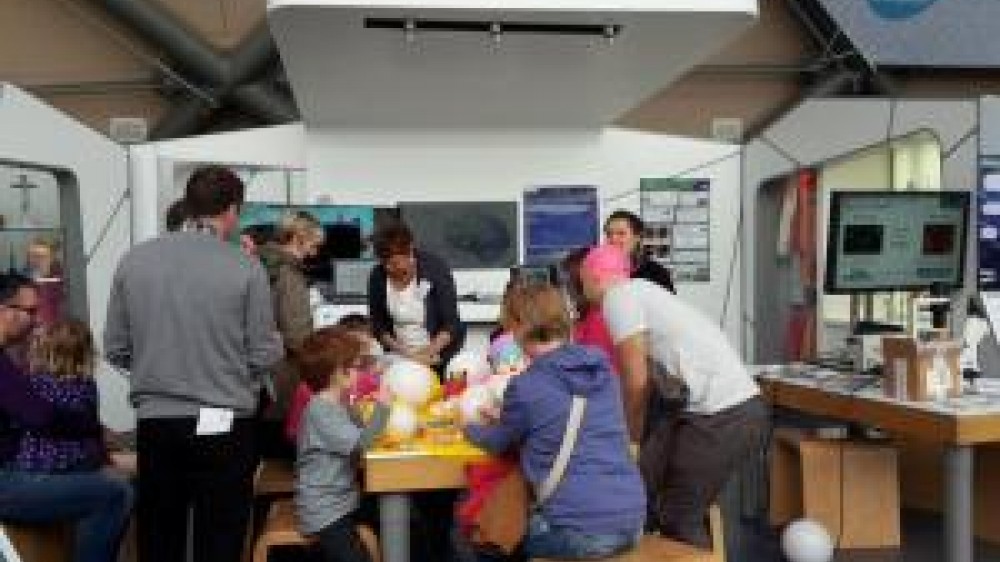
Continuing our focus on future technologies, we asked Professor Paul Matthews, from Imperial College London, how he thinks the advancement of preclinical imaging is likely to impact on the 3Rs.

We caught up with one of the speakers at our Ten Year Vision launch event, Professor Kevin Shakesheff, Director of the UK Regenerative Medicine Platform Hub for Acellular Technologies, who gives us an insight into his hopes for the future of stem
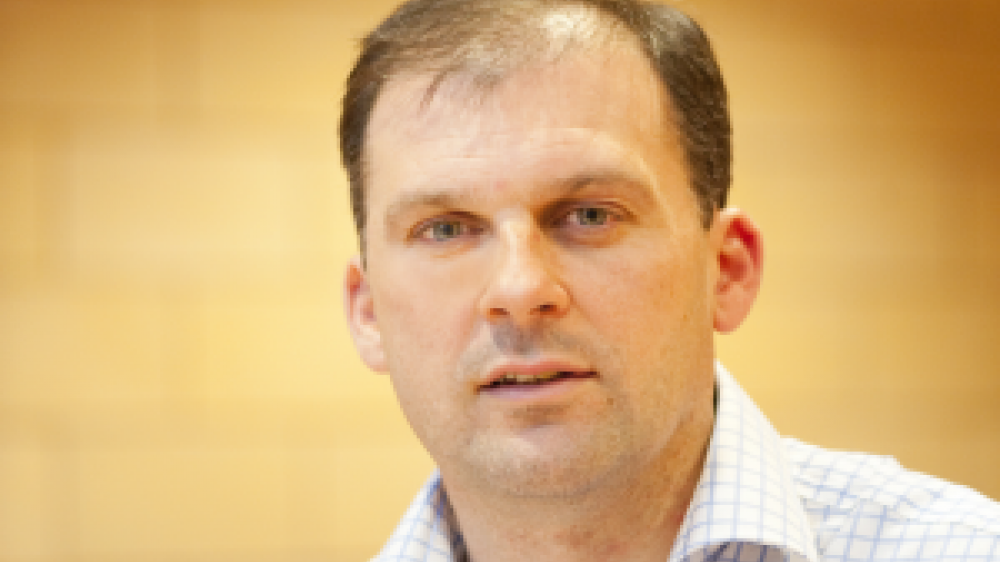
The NC3Rs vision was presented by Dr Vicky Robinson and was followed by talks highlighting key elements of the NC3Rs vision. Speakers included:
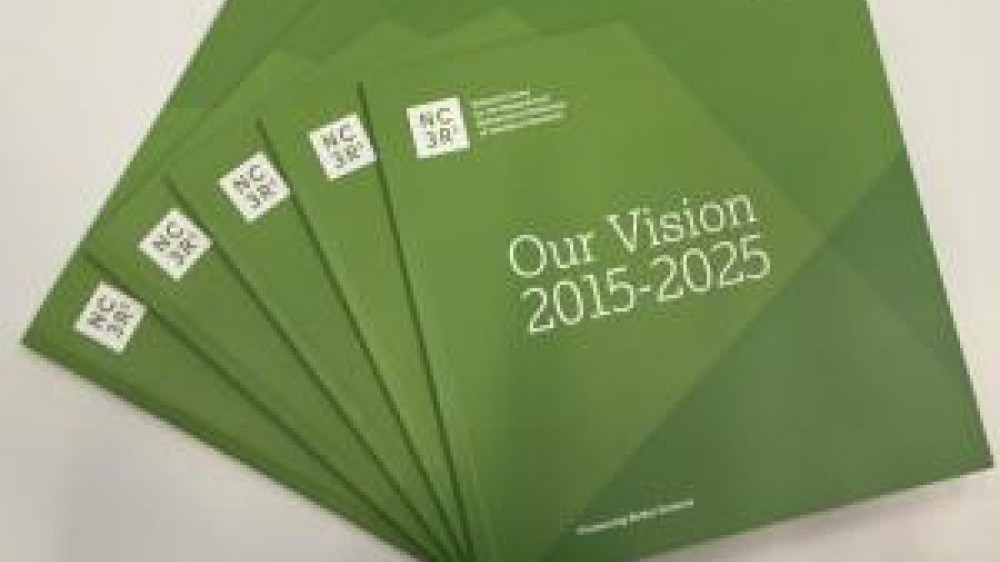
“Our Vision: 2015-2025” sets out the NC3Rs vision for the next ten years, in five inter-related areas; Practice, Procedures, People, Places and Policy. The publication is now available to view and download.

This week we travelled to Birmingham to take part in this year's British Science Festival. The topic of our session: Keeping a watchful eye on animal behaviour.
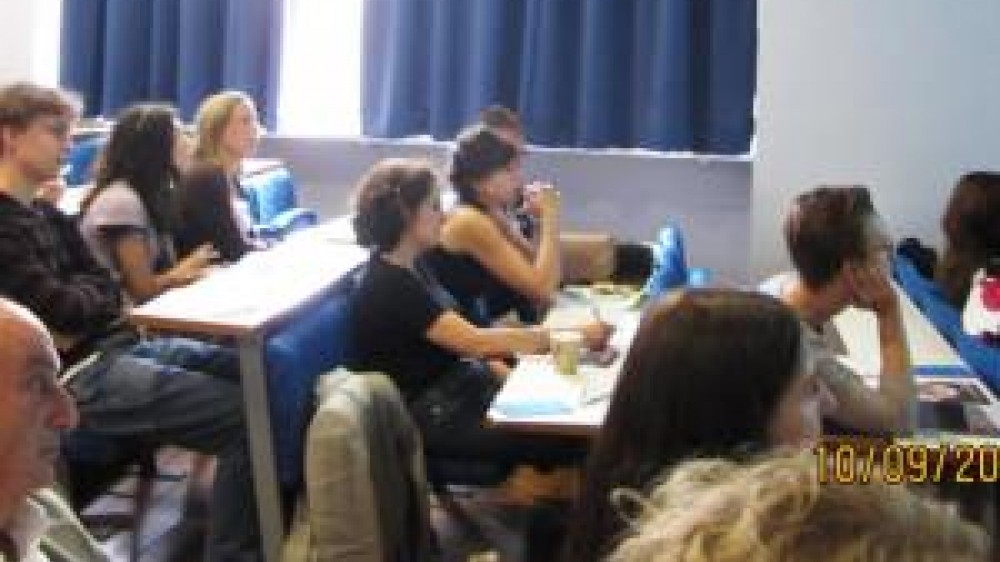
Today the Department for Business, Innovation and Skills released the results of a poll it commissioned to gauge public attitudes towards animal research. Dr Vicky Robinson, Chief Executive at the NC3Rs, takes a look at the findings.

CRACK IT Challenges is a two-phase competition that funds collaborations between industry, academics and SMEs to solve problems related to the 3Rs, leading to new products or improved business processes.
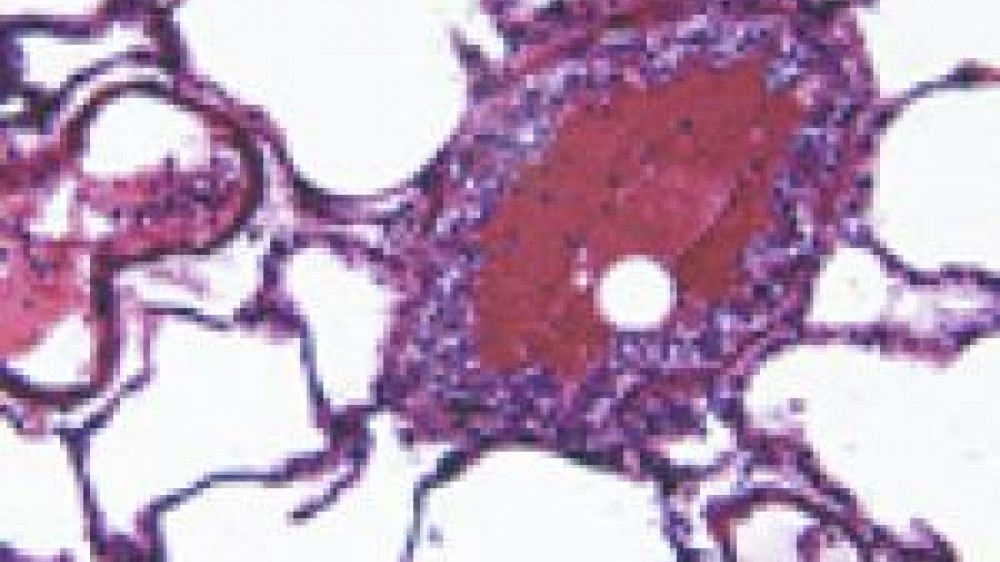
Most of us will have been immunised against whooping cough (also called pertussis); a respiratory disease caused by the gram negative micro-organism Bordetella pertussis

About WC9
The four-day meeting brought together an international group of speakers to discuss a wide range of topics regarding the replacement, refinement and reduction of animals in research.
